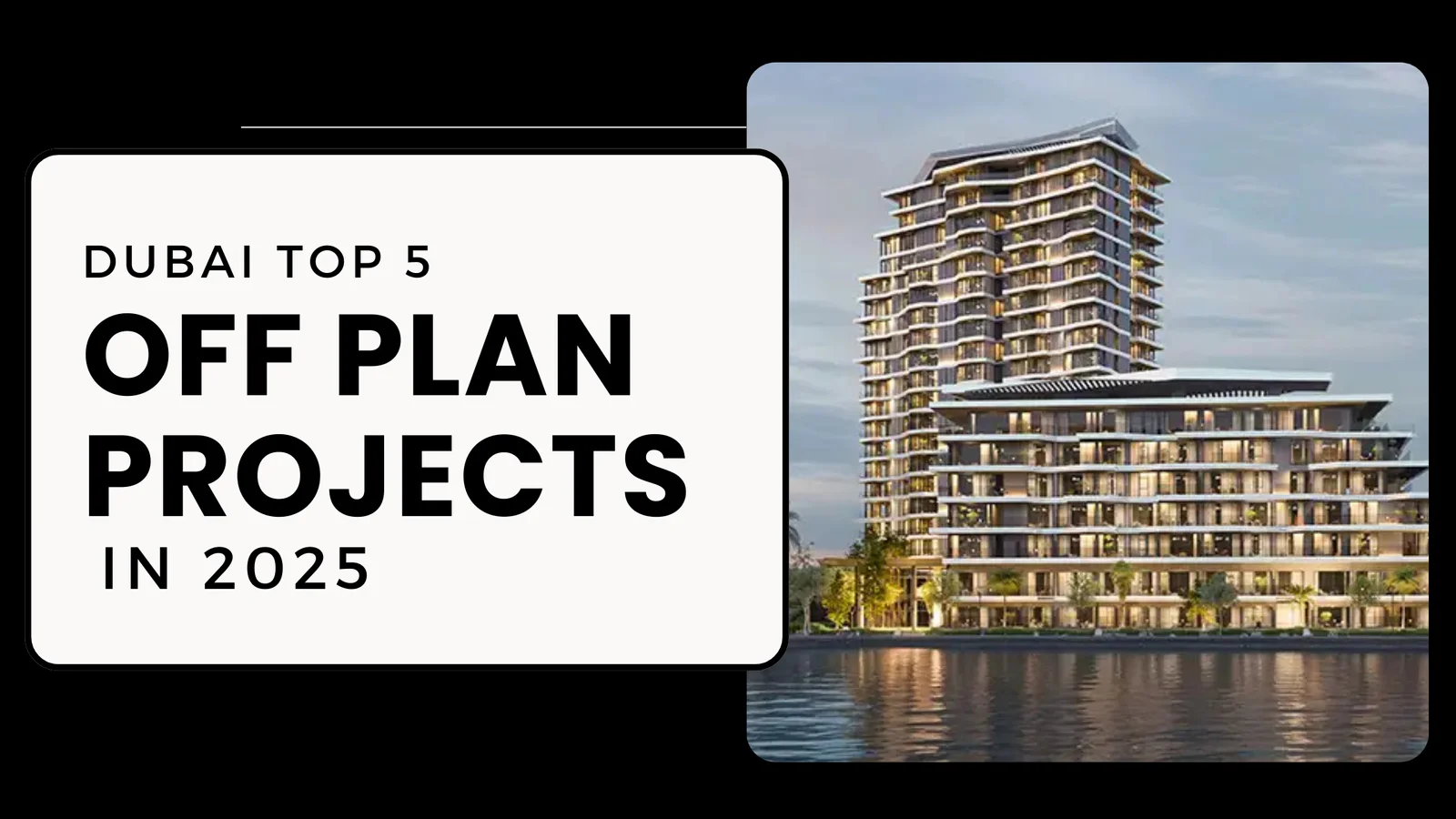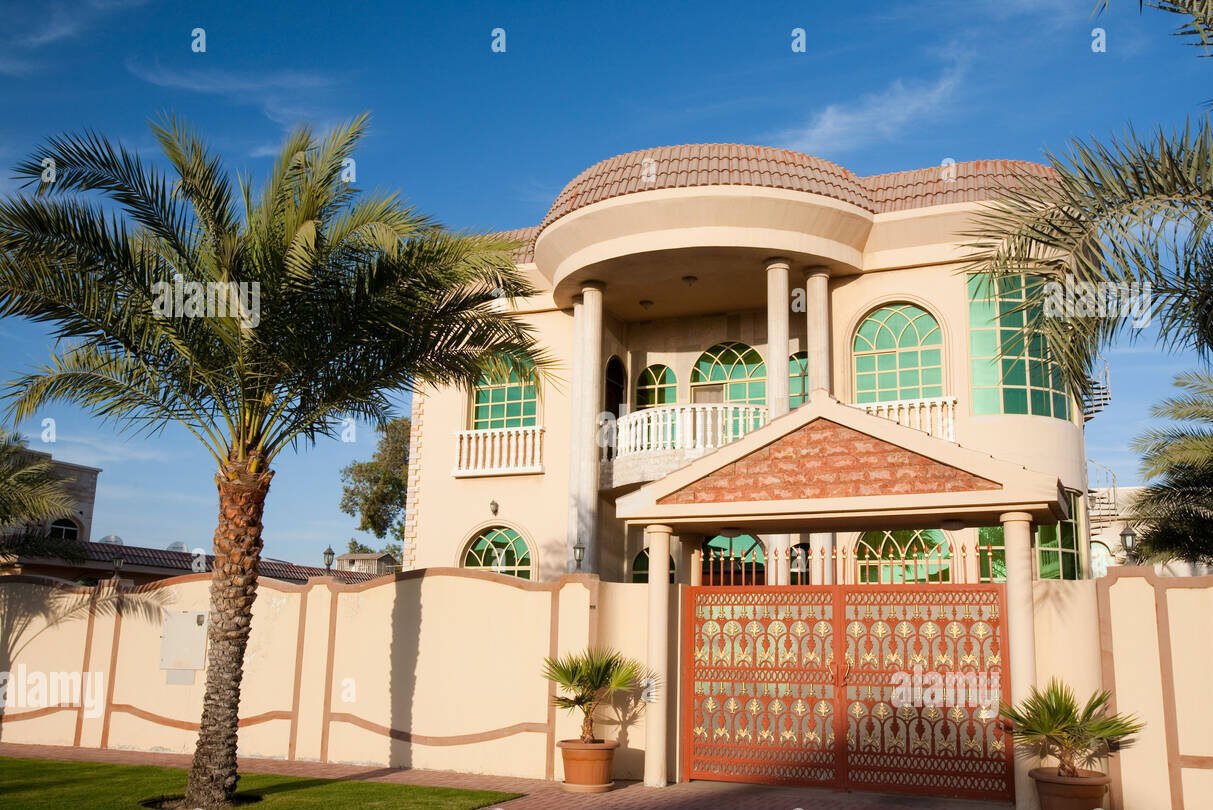Now Reading: Masdar City Goes Greener: Major Tech and Sustainability Moves 2025!
-
01
Masdar City Goes Greener: Major Tech and Sustainability Moves 2025!
Masdar City Goes Greener: Major Tech and Sustainability Moves 2025!
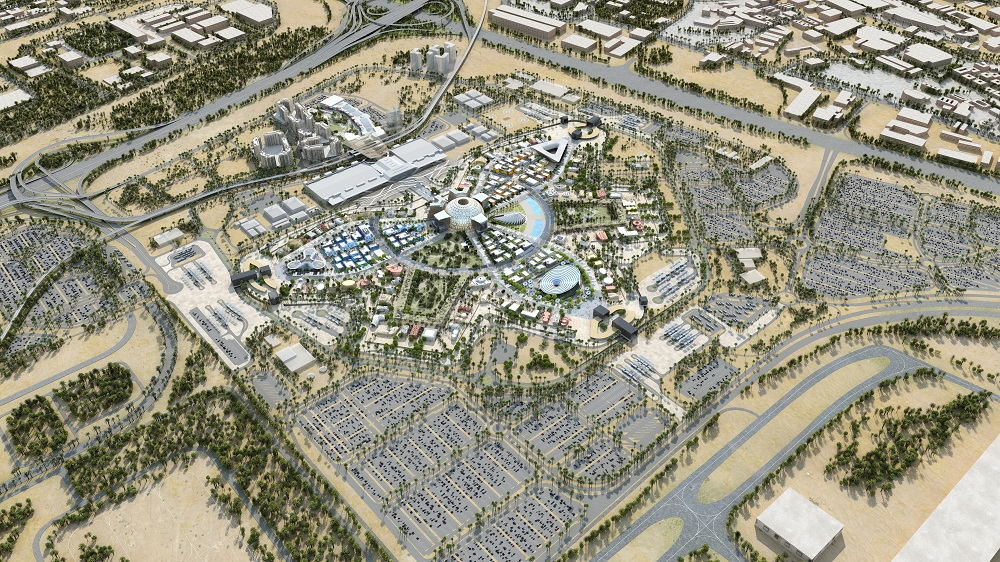
Table of Contents
Abu Dhabi, UAE — June 2025
Masdar City, the UAE’s most ambitious eco-project, is entering a new and exciting phase of development. Designed to be one of the world’s most sustainable urban communities, the futuristic city is now expanding faster than ever. With new projects, residents, and green technologies, Masdar City is proving that clean energy and smart design can shape the future of cities.
What Is Masdar City?
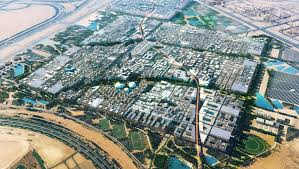
Masdar City is located just 17 kilometers from downtown Abu Dhabi. It was launched in 2006 by Masdar, a subsidiary of Mubadala Investment Company. The vision was to create a carbon-neutral, zero-waste city powered entirely by renewable energy.
While the plan has evolved over the years, Masdar City remains a global example of urban sustainability. It mixes traditional Arabic architecture with modern innovations to reduce energy use, increase comfort, and minimize environmental impact.
As of 2025, Masdar City is home to research centers, clean-tech businesses, universities, and a growing number of residents. It is not just a model city—it’s a real, living space where people work, learn, and innovate.
2025: A Year of Big Developments
This year marks a turning point for Masdar City. Several large-scale projects are either completed or under construction, making the city more vibrant and self-sufficient.
1. Green Residential Communities Growing Fast
Masdar City is expanding its residential zones to welcome more families, students, and professionals. The new Eco Residences 2 and The Link developments are eco-friendly housing clusters designed to reduce carbon emissions and support walkability.
The Link, in particular, is gaining attention for its shaded pedestrian boulevards, rooftop solar panels, and smart cooling systems. These features make it one of the UAE’s most climate-resilient residential zones.
2. Siemens, Honeywell, and International Firms Expanding Offices
Masdar City has become a magnet for multinational companies. Siemens Middle East Headquarters is already a central feature of the city, and more global companies are moving in.
Honeywell, Mitsubishi, and other tech giants are partnering with local startups to test smart city solutions—like AI-powered waste management, solar-integrated roads, and energy-saving building materials.
This business ecosystem supports green innovation, creating jobs while promoting sustainable technologies.
3. New Research and Education Hub
The Mohamed bin Zayed University of Artificial Intelligence (MBZUAI), located inside Masdar City, is now one of the region’s top tech universities. It focuses on AI, robotics, and clean energy research.
In 2025, MBZUAI expanded its programs to include sustainability-focused AI applications, from smart irrigation to energy prediction systems. Partnerships with Massachusetts Institute of Technology (MIT) and Oxford University are also helping Masdar City gain global academic recognition.
Transportation: Clean, Quiet, and Connected
Masdar City has always been famous for its Personal Rapid Transit (PRT) pods—small, self-driving electric vehicles that run on dedicated tracks. These silent, driverless pods have transported over 2.5 million passengers since launch.
Now, Masdar is testing a new fleet of autonomous electric buses and e-scooters, which are fully integrated with Abu Dhabi’s broader transport network. The city also plans to expand walking and cycling routes to reduce car dependency entirely.
All of these efforts are aligned with the UAE’s Net Zero 2050 goal.
Solar Power and Green Tech Everywhere
Energy is at the heart of Masdar City’s mission. Solar panels are visible on rooftops, car parks, and even walkways. The city uses a smart grid that balances power use and generation in real time.
In 2025, Masdar launched a new solar-powered cooling center, which uses less water and energy than traditional air conditioning systems. This is a major breakthrough in a country where cooling systems account for 70% of electricity use.
Another innovation is the city’s energy-positive buildings. These buildings generate more power than they use, thanks to advanced insulation, solar panels, and smart appliances.
Economic and Global Impact
Masdar City is now a key part of the UAE’s strategy to become a global green economy leader. The city hosts major sustainability events like Abu Dhabi Sustainability Week, bringing together experts, companies, and governments.
With Expo City Dubai focusing on green innovation and NEOM rising in Saudi Arabia, the UAE is positioning Masdar as a leader in sustainable urban development across the MENA region.
Masdar’s CEO, Mohamed Jameel Al Ramahi, said recently:
“Masdar City shows that sustainability and economic growth can go hand in hand. We’re proud to build a city that not only meets environmental goals but also supports innovation, learning, and global collaboration.”
Challenges Still Exist
Despite its success, Masdar City has faced delays and scale-backs in the past. Originally planned to house 40,000 residents by 2020, the current population is still under that mark. Construction has taken longer due to technical and economic challenges.
However, the steady growth in recent years shows strong momentum. The new public-private partnerships and interest from global investors are helping to push projects forward.
What’s Next for Masdar City?
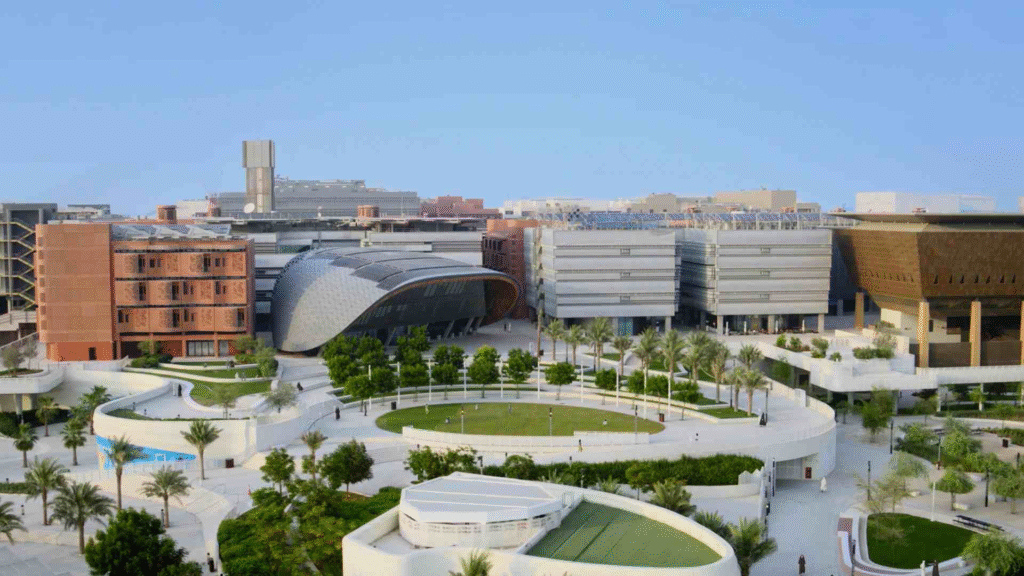
Looking ahead, Masdar City plans to:
- Open new biotech and agritech zones
- Build a vertical farm for local food production
- Launch blockchain-based smart utility billing
- Expand its living lab programs to test future-ready technologies in real-world conditions
These steps aim to keep the city on track as a global leader in sustainability and smart design.
Final Thoughts
Masdar City is more than a dream. It’s a living, breathing city that is proving sustainability is not just possible—it’s practical, profitable, and people-friendly.
As more countries look for ways to reduce emissions, fight climate change, and create greener cities, Masdar’s model could serve as a blueprint for the future.
Whether you’re a tech lover, environmentalist, investor, or just a curious traveler, Masdar City deserves your attention in 2025 and beyond.
Read More:- Deyaar’s Latest Announcement Shakes Up the UAE Property Market



